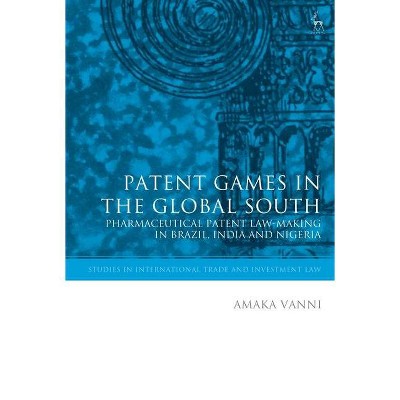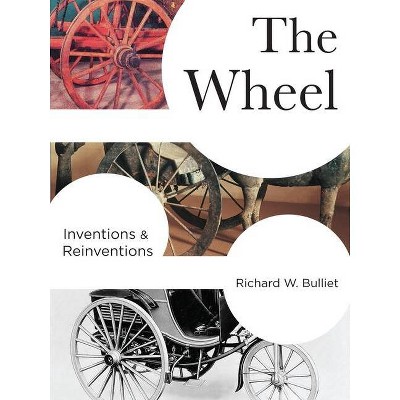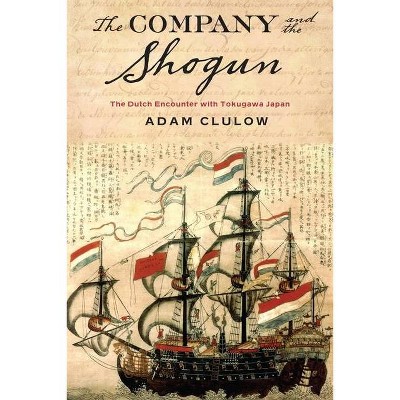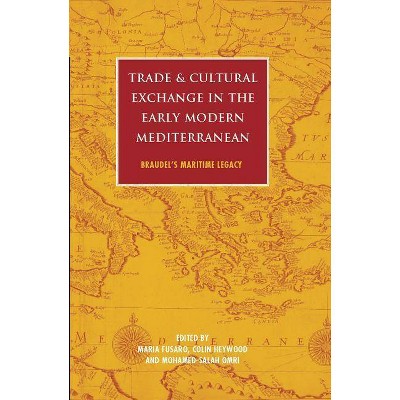Patent Games in the Global South - (Studies in International Trade and Investment Law) by Amaka Vanni (Hardcover)

Similar Products
Products of same category from the store
AllProduct info
<p/><br></br><p><b> About the Book </b></p></br></br>"In this thought-provoking analysis, the author takes three examples of emerging markets (Brazil, India, and Nigeria) and tells their stories of pharmaceutical patent law-making. Adopting historiographical and socio-legal approaches, focus is drawn to the role of history, social networks and how relationships between a variety of actors shape the framing of, and subsequently the responses to, national implementation of international patent law. In doing so, the book reveals why the experience of Nigeria - a country active in opposing the inclusion of IP to the WTO framework during the Uruguay Rounds - is so different from that of Brazil and India. This book makes an original and useful contribution to the further understanding of how both states and non-state actors conceptualise, establish and interpret pharmaceutical patents law, and its domestic implications on medicines access, public health and development. Patent Games in the Global South was awarded the 2018 SIEL-Hart Prize in International Economic Law"--<p/><br></br><p><b> Book Synopsis </b></p></br></br>In this thought-provoking analysis, the author takes three examples of emerging markets (Brazil, India, and Nigeria) and tells their stories of pharmaceutical patent law-making. <br/><br/>Adopting historiographical and socio-legal approaches, focus is drawn to the role of history, social networks and how relationships between a variety of actors shape the framing of, and subsequently the responses to, national implementation of international patent law. In doing so, the book reveals why the experience of Nigeria - a country active in opposing the inclusion of IP to the WTO framework during the Uruguay Rounds - is so different from that of Brazil and India. <br/><br/>This book makes an original and useful contribution to the further understanding of how both states and non-state actors conceptualise, establish and interpret pharmaceutical patents law, and its domestic implications on medicines access, public health and development. <i>Patent Games in the Global South</i> was awarded the 2018 SIEL-Hart Prize in International Economic Law.<p/><br></br><p><b> Review Quotes </b></p></br></br><br><i>Patent Games in the Global South</i> considers patent law making in Brazil, India and Nigeria, through the triple lens of history, national politics and international politics with a spotlight on the role of multiple stakeholders. Stakeholder views were elicited through multi-sited ethnography and incorporated into the analysis which was informed by Critical Legal Theory and Third World Approaches to International Law. It is a thought provoking treatise and a worthy addition to scholarship on the critically important subject of patents and access to medicines in the global South.<br/>Caroline B Ncube, SARChI Research Chair in Intellectual Property, Innovation and Development and Professor at the Department of Commercial Law, University of Cape Town<br><br>This is a powerful, refreshing and welcome book. Written from a critical global south/TWAIL perspective, it uncovers and insightfully traces bottom up resistance against hegemonic and inequitable global north intellectual property regimes. Using evidence of significant deviations in patent law, policy and doctrine from India and Brazil, it shows how the global south is charting alternative approaches to those prescribed in global intellectual property norms. For international and comparative law scholars, this book sets a new standard that foregrounds resistance and reform as a lens for understanding legal transplantation. In so doing, the book convincingly overturns the traditional understanding of transplantation as mere imitation or imposition of alien rules. Instead, it foregrounds how transplanted or imposed laws are actively and successfully subverted and reformed through bottom-up resistance. It also draws lessons from these experiences for other global south countries like Nigeria.<br/>James Thuo Gathii, Wing Tat Lee Chair of International Law, Loyola University Chicago School of Law<br><br>This is an exciting book. It is based on fieldwork in Brazil, India and Nigeria, three countries of major importance to how we think about the complexities of patents and access to medicines. It also develops fresh theoretical insights through a synthesis of critical legal theory and nodal governance. Intellectual property law is shown to be an arena that has to be contested by citizens and social movements if it is ever to serve their interests. This is a hugely important book.<br/>Peter Drahos, European University Institute, Fiesole<br><p/><br></br><p><b> About the Author </b></p></br></br>Amaka Vanni holds a PhD in International Economic Law from the University of Warwick and is a legal scholar and documentary filmmaker based in Lagos, Nigeria.
Price History
Price Archive shows prices from various stores, lets you see history and find the cheapest. There is no actual sale on the website. For all support, inquiry and suggestion messagescommunication@pricearchive.us




















